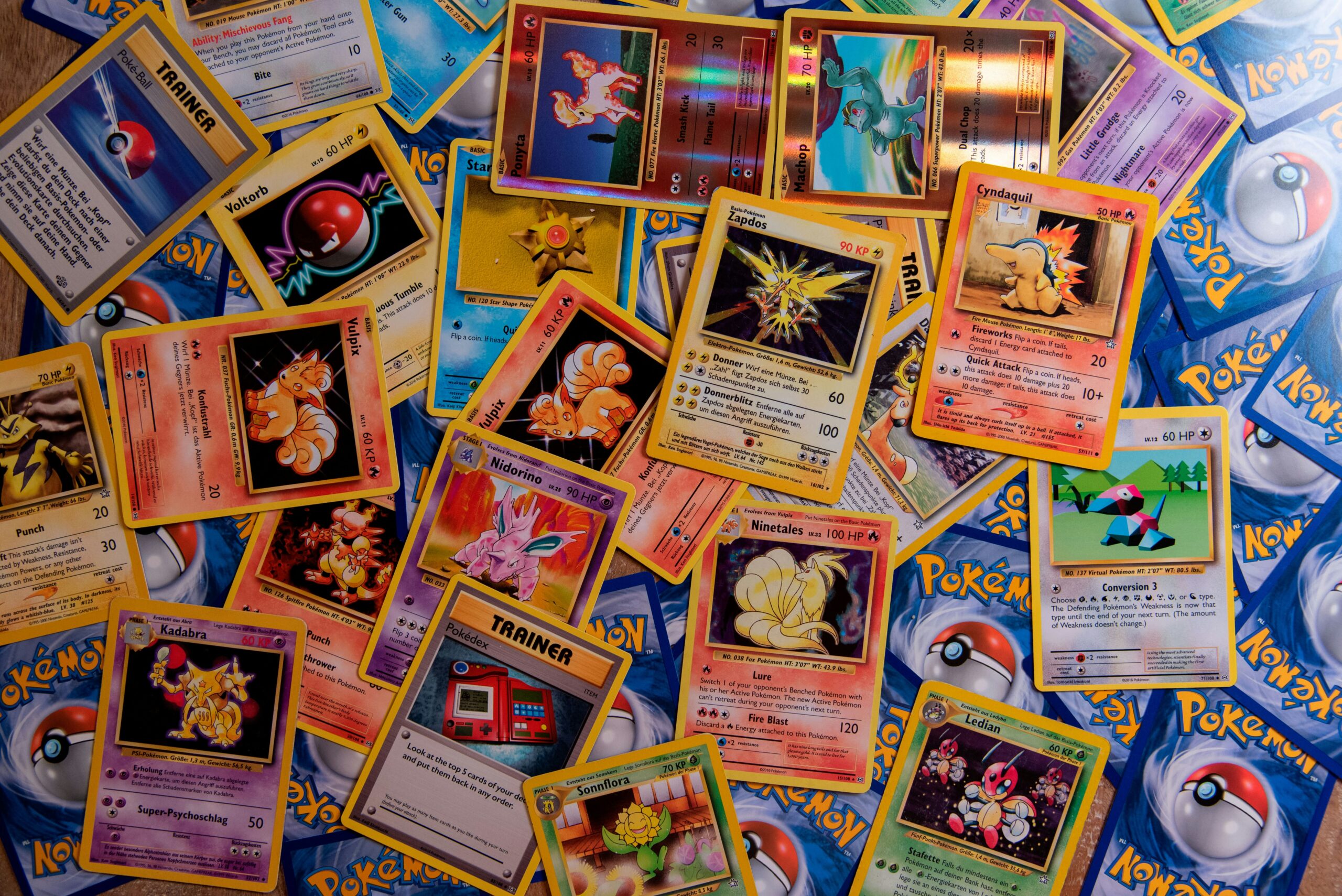
The thrill of collecting sports cards has long been a cherished pastime for fans and enthusiasts alike. From the smell of freshly opened packs to the joy of completing a prized set, trading cards have always offered a unique blend of nostalgia, competition, and investment potential. However, as technology reshapes every aspect of our lives, the world of sports card collecting is undergoing a dramatic transformation. Enter digital trading cards—an innovative evolution that may define the future of sports memorabilia.
The Rise of Digital Collectibles
Digital trading cards are not just a modern twist on a classic hobby—they represent a fundamental shift in how fans interact with sports memorabilia. Unlike traditional physical cards, digital cards exist entirely online, often secured by blockchain technology to ensure authenticity and rarity. These virtual collectibles offer a new layer of convenience and accessibility, allowing collectors to buy, sell, and trade cards from anywhere in the world without worrying about storage, shipping, or damage.
One of the main appeals of digital cards is their ability to integrate multimedia features. While a physical card may feature a static image and a few statistics, a digital card can include dynamic content, such as video highlights, animated graphics, or even interactive statistics. This brings an entirely new dimension to sports collecting, making it not just about owning an item but also experiencing it in real time.
Changing the Dynamics of Collecting
Traditional sports card collecting has always been driven by rarity, condition, and player popularity. Digital trading cards preserve these factors while introducing new ways to quantify and track value. Blockchain technology ensures that each card is unique and verifiable, eliminating the risk of counterfeits that have long plagued collectors. Moreover, digital platforms often provide real-time market data, enabling collectors to monitor the value of their cards and make informed decisions. This transparency and security make the digital card market appealing not only to traditional collectors but also to investors looking to diversify their portfolios.
Another key factor reshaping the hobby is social interaction. Many digital card platforms feature community elements that allow collectors to showcase their collections, participate in virtual games, and trade cards directly with other fans. These online interactions create a sense of community similar to that found in local card shops and conventions, but with the added benefit of global reach. Fans can now connect with collectors from around the world, expanding their networks and increasing exposure to rare or exclusive cards.
Environmental and Practical Benefits
One often-overlooked advantage of digital trading cards is their reduced environmental impact. The production of physical cards requires paper, ink, and plastic packaging, which contribute to waste and carbon emissions. Digital cards, in contrast, are entirely virtual, reducing the ecological footprint associated with traditional card manufacturing. Additionally, they eliminate issues such as storage limitations, wear and tear, or loss, which have long been challenges for collectors managing extensive physical collections.
From a practical standpoint, digital trading cards are also more accessible to younger fans who are growing up in a tech-driven world. The integration of mobile apps and online platforms makes it easier for new collectors to engage with the hobby, often combining the thrill of gaming with the enjoyment of collecting. This fusion appeals to a generation that values interactivity and instant gratification, positioning digital cards as the future-forward version of a timeless pastime.
Economic Potential and Market Growth
The market for digital sports cards has experienced rapid growth, with some high-profile sales reaching substantial figures. Platforms that specialize in digital collectibles have attracted attention from professional athletes, sports leagues, and major investors, signaling that this trend is more than just a fad. The combination of scarcity, authenticity, and digital accessibility creates an environment where rare cards can appreciate much like traditional investments, attracting both hobbyists and speculators.
Experts predict that the market for digital trading cards will continue to expand, especially as technology evolves and more partnerships emerge between sports organizations and digital platforms. Features like augmented reality, gamification, and integrated social tools are expected to enhance the collecting experience further, blurring the line between sports fandom and digital engagement.
Challenges and Considerations
Despite the excitement surrounding digital trading cards, several challenges must be considered. The reliance on technology means that collectors must trust the platforms and the underlying blockchain networks to maintain security and authenticity. Additionally, the value of digital cards can be more volatile than that of traditional cards, and the market is still in its early stages of development, which may create risks for inexperienced collectors.
Another consideration is the emotional aspect of collecting. For many fans, the tactile experience of holding a card, flipping through a binder, or displaying a framed collection is an irreplaceable part of the hobby. While digital cards offer convenience and interactivity, they cannot fully replicate the physical connection that has defined sports collecting for decades.
The Future of Sports Collecting
Digital trading cards are reshaping the way fans experience, trade, and invest in sports memorabilia. They combine the nostalgia of traditional collecting with modern technology, offering unique experiences, global accessibility, and economic potential. While there are challenges to navigate, the continued growth of digital platforms and increasing interest from collectors of all ages suggest that this trend is here to stay.
As technology continues to advance, digital trading cards may become the primary means by which new generations engage with sports memorabilia, transforming a long-standing hobby into a dynamic, interactive, and global experience. For collectors, fans, and investors alike, the future of sports collecting is not just in the cards—it’s in the digital realm, where the game never stops, and the thrill of discovery is just a click away.